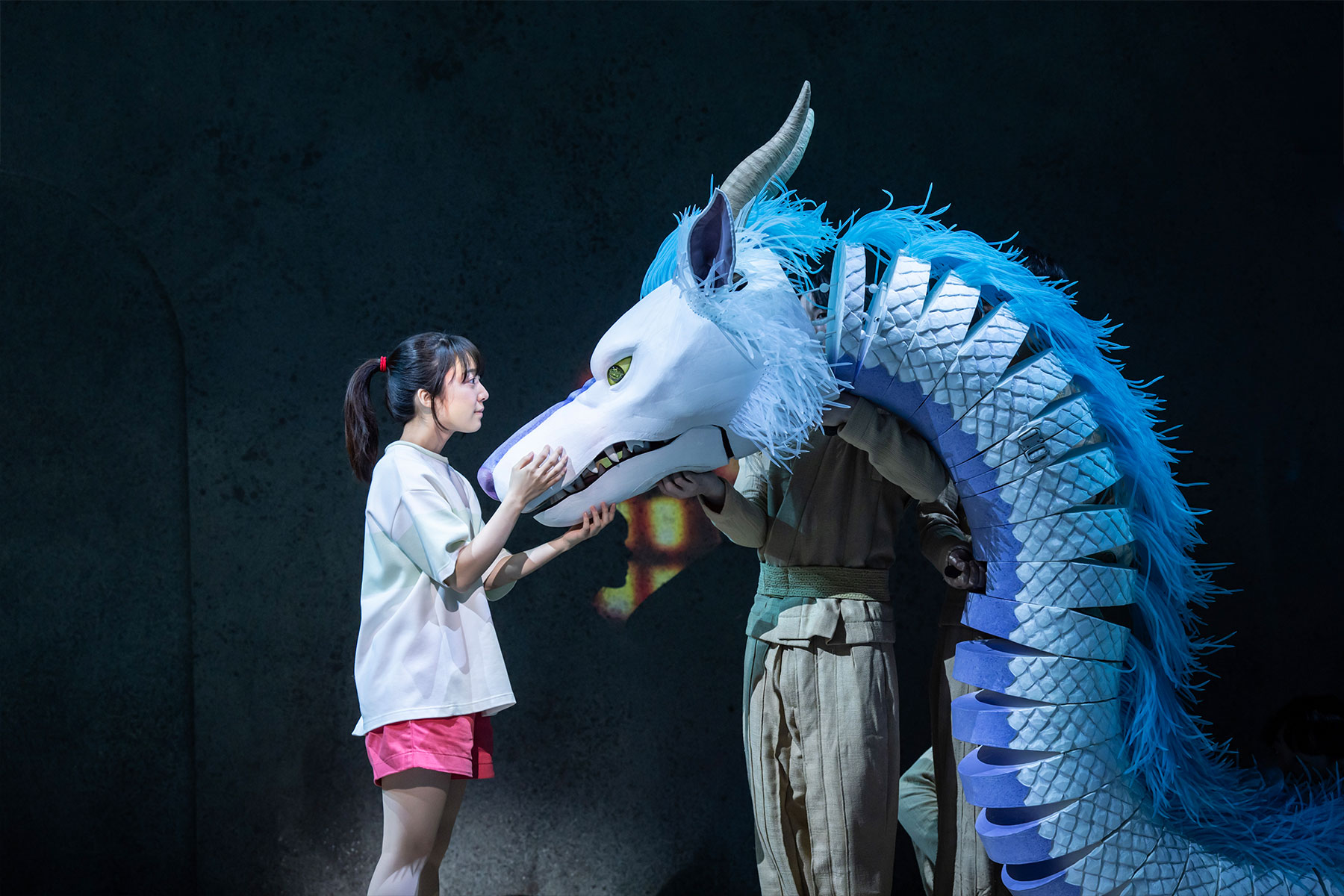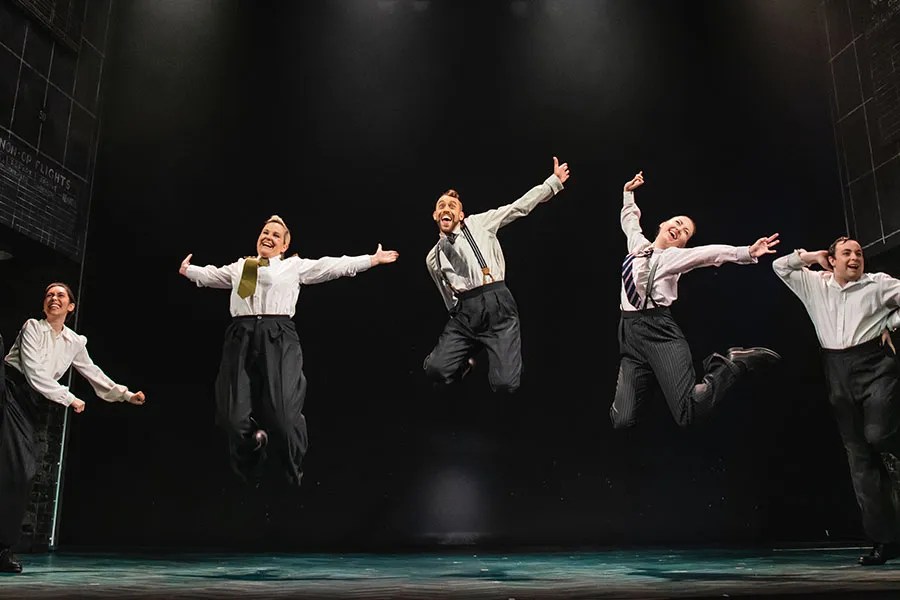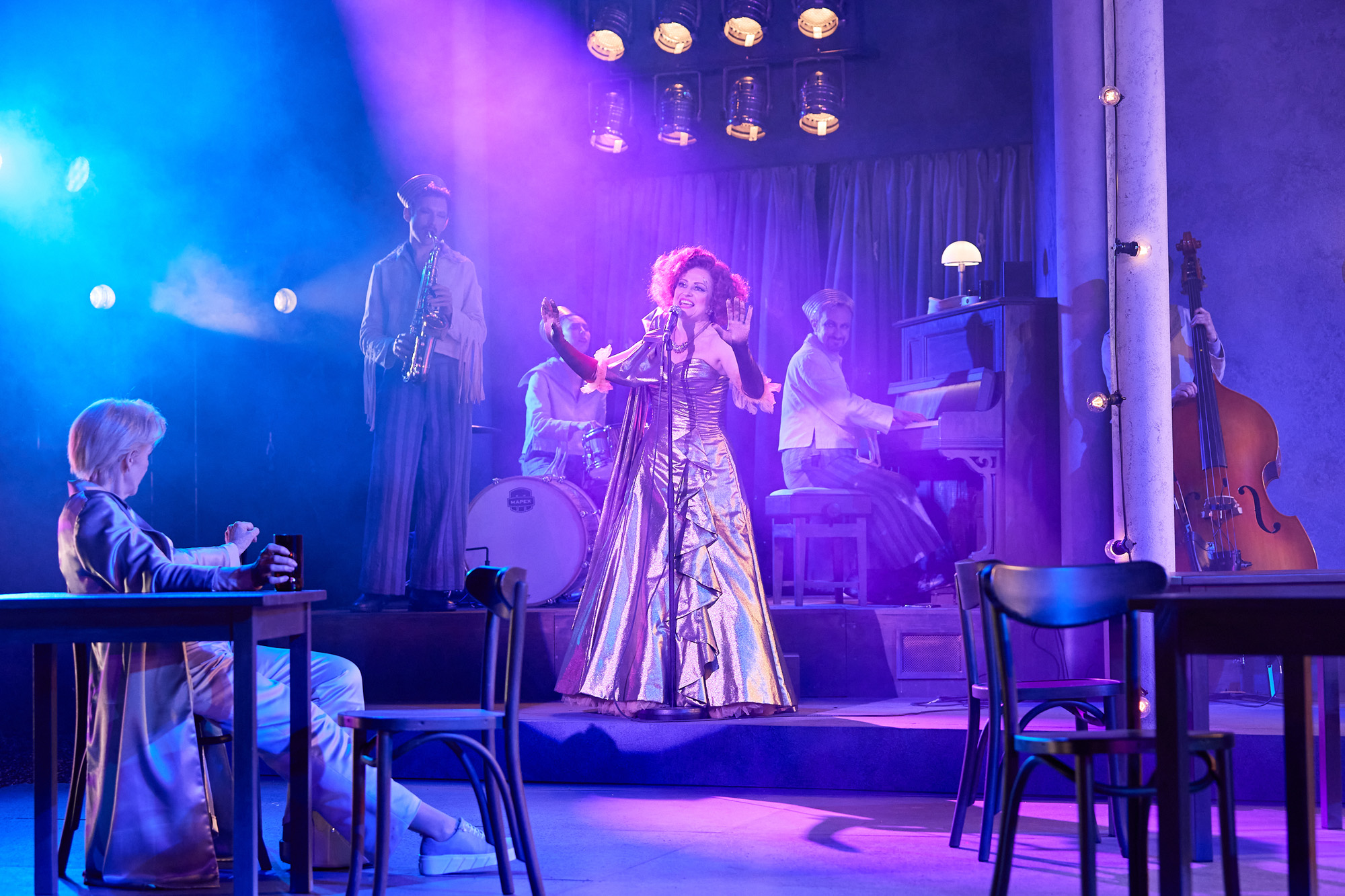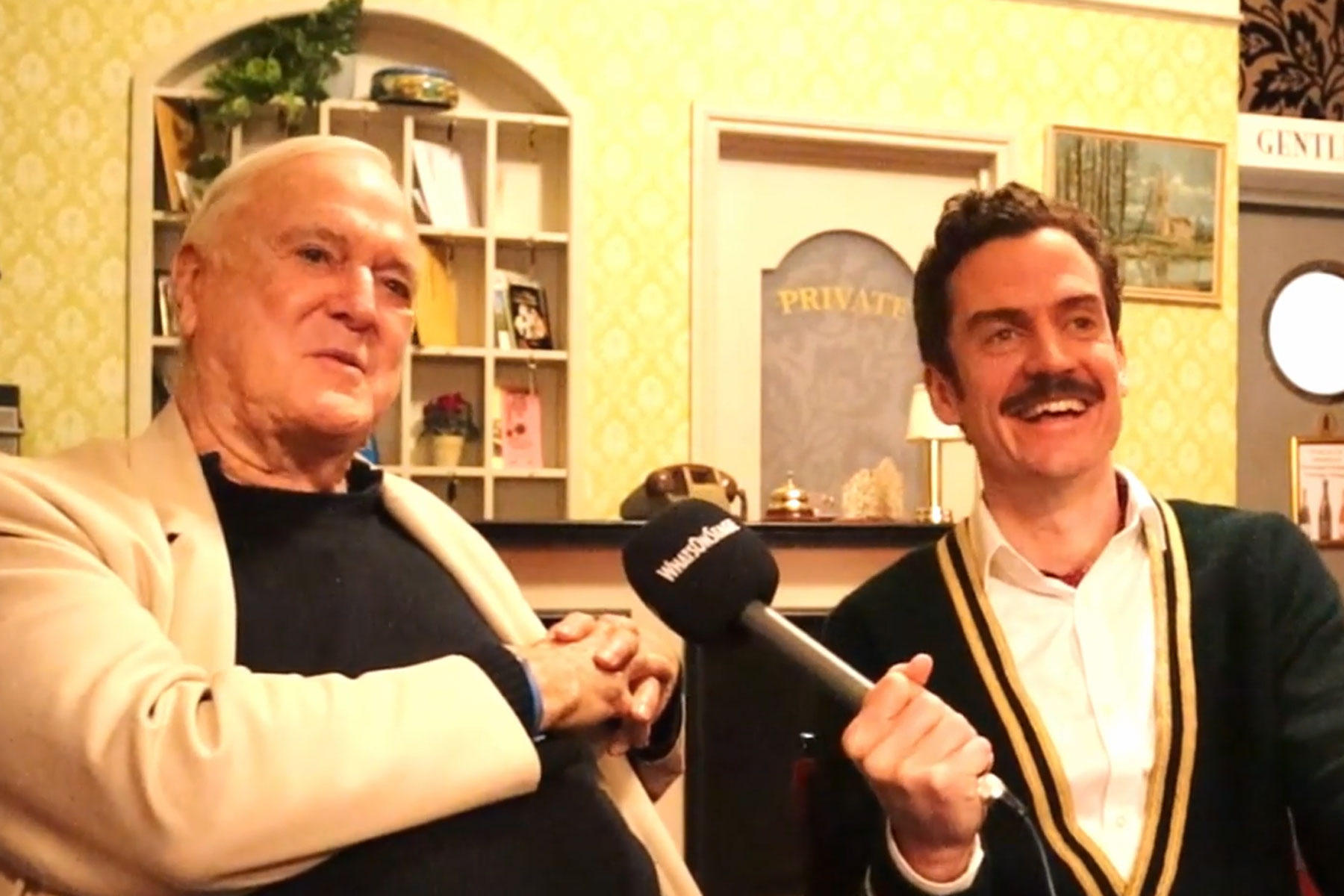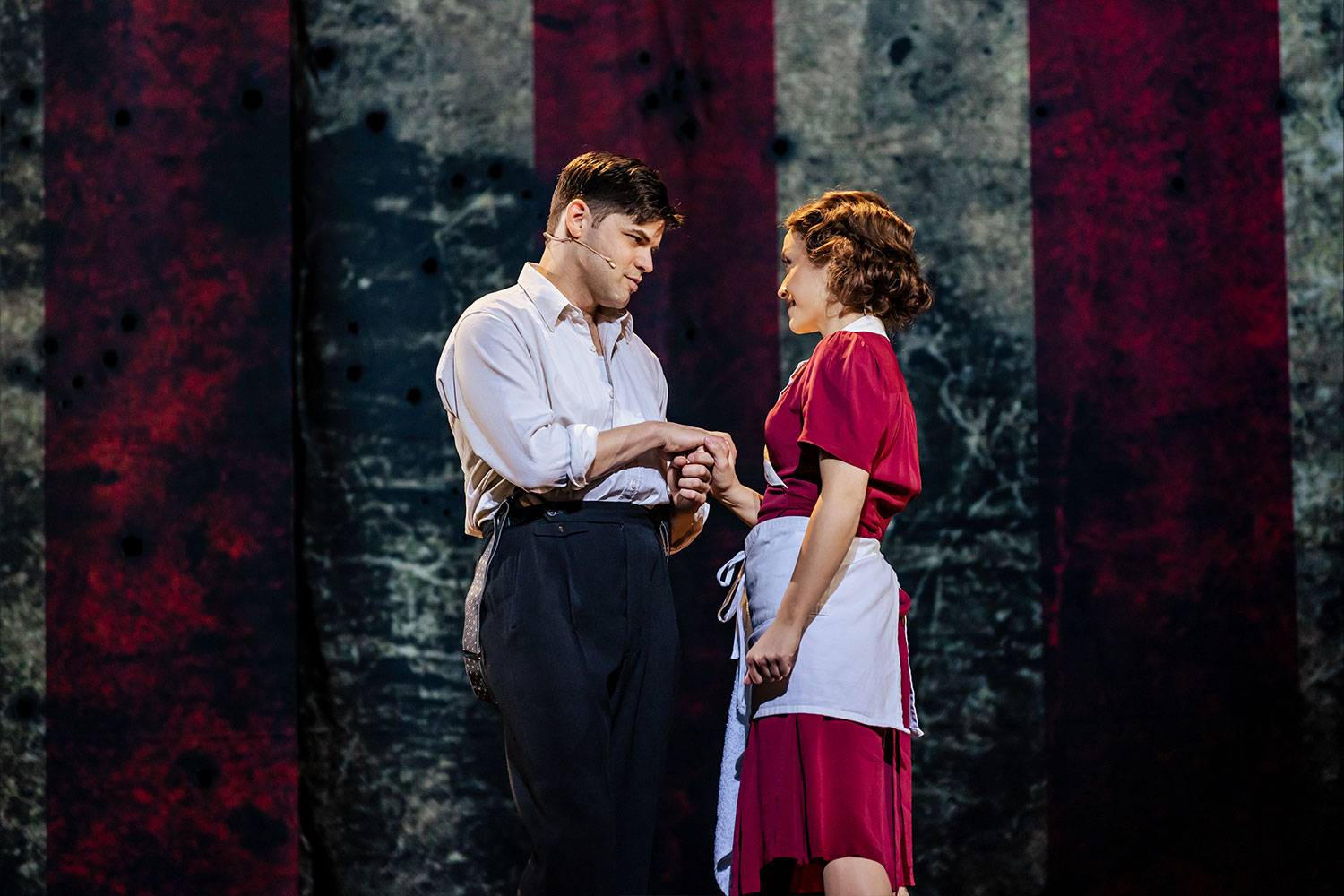Tales from Hollywood
You could be forgiven for experiencing a creeping sense of deja vu when you
visit the Donmar. Not just in its relentless trawl through the 1980s
theatrical repertoire – from Shepard and Sondheim to Stoppard – but also in
the overlap of some of the concerns being addressed.
After the exposure of marital infidelity in both The Real Thing and
Passion Play, the theatre now follows CP Taylor’s Good with Christopher Hampton’s Tales from Hollywood, which, like Good, concerns a man trying to come to terms with his possible collusion with the Nazi regime. In its
bringing together of a number of intellectual giants, Hampton’s 1982 play similarly recalls Terry Johnson‘s Insignificance, also revived here.
But Tales (premiered in LA and subsequently seen at
the National in 1983) is definitely worth a second look on its own meaty,
intelligent terms, and is full of its own complex patterns and deeply woven
textures, beautifully illuminated in John Crowley‘s expertly tuned and
acted production. Though Scott Pask‘s set, the inside of an empty swimming
pool, doesn’t really make sense until the very last scene, the lighting
changes of Howard Harrison and the sound of Paul Arditti give the play’s
22 scenes, and nearly as many locations, an urgent fluidity.
Hampton’s fascinating characters, and the expert ensemble assembled to play
them here, are brought fully to life. Not that Hampton’s play is true to
life: its lead character, the Hungarian-born playwright and writer Odon von
Horvath, died in a freak accident in Paris in 1938. But Hampton
imaginatively keeps von Horvath alive and sends him to America, where he joins the Manns (Thomas and his older brother Heinrich) and Bertolt Brecht, amongst
others, as Hollywood studio hacks. These literary emigres – or exiles, as
Brecht prefers to be called, since they’re not there by choice – find
themselves fighting not just for survival but for their cultural and
artistic identity in a Los Angeles that is “a funeral parlour of the
spirit”.
The play, which spans the years 1938 to 1950, is undeniably dense at times,
but packed with argument and brilliant polemic about artistic ideals (“It’s
not enough to interpret the world – you have to change it”) and human
prevarications and compromises.
Of Ben Daniels, who plays von Horvath, it can only be asked: why is this
dynamic actor not yet a star? He has real actorly authority yet absolutely
true humanity; real weight yet an effortlessly light touch, too; and looks
that are at once rugged and pretty boy.
Still, the show is nearly stolen from Daniels by a captivating cameo from Phil Davis as Brecht. Elsewhere, there’s solid support from Gawn Grainger and Richard Johnson as the Mann brothers, and a quite wonderful performance form Lizzy McInnerny as Heinrich Mann’s much younger wife, Nelly, whose nerve endings (and other parts) are fully exposed.



